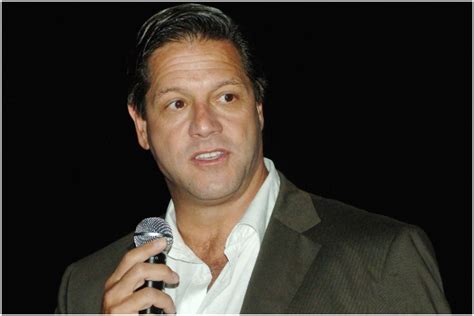A Quote by Thomas R. Insel
We have to remain humble about our understanding of the brain, because even our most powerful tools remain pretty blunt instruments for decoding the brain. In fact, we still do not know how to decipher the basic language of how the brain works.
Related Quotes
The pace at which science has progressed has been too fast for human behaviour to adapt to it. As I said we are still apes. A part of our brain is still a paleo-brain and many of the reactions come from our fight or flight instinct. As long as this part of the brain can take over control the rational part of the brain (we will face these problems).
As work in neurosciences indicates, the acquisition of literacy necessitated a new circuit in our species' brain more than 6,000 years ago. That circuit evolved from a very simple mechanism for decoding basic information, like the number of goats in one's herd, to the present, highly elaborated reading brain.
Even though we don't know squat about how the brain works, the little we do know suggests that if you wanted to design a learning environment that was directly opposed to what the brain was naturally good at doing, you would design the education system we currently have, not only in America, but all over the world!
Most brain scientists have not taught 4th grade, and don't know very much about the classroom, even though they might study learning in some detail. Most education professionals, who often know a tremendous amount about the classroom, don't know much about the brain. That is one of the reasons why I am so skeptical about applying brain findings to the classroom.
We still know so little about how the brain interacts with the body chemistry or, for that matter, whether we should be talking about the brain or the mind, that it would be perilous to hazard any guess about the way Abraham Lincoln's biological health may or may not have affected him. Of course, we don't have Lincoln on hand to ask him directly; but even if we did, we still might not be able to make sense of how all the parts worked together.
Everything is super personal. Basically all of the songs are 'this is my life and what I feel about it.' That's how my brain works and thinks about things. It's really strange because I never really think about what I want to write about - it sort of just comes out. I literally say whatever is in my brain.




































